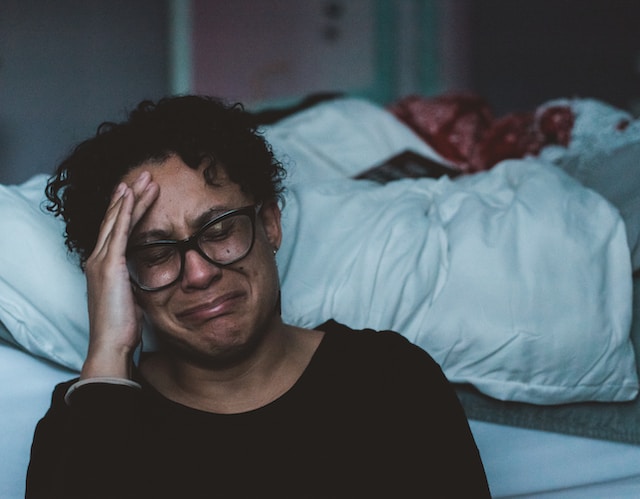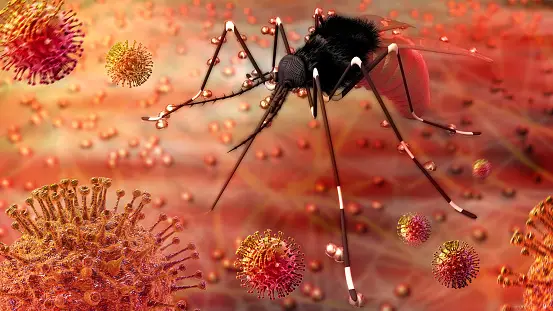Introduction: In recent years, the issue of police brutality and its devastating impact on marginalized communities, particularly Black individuals, has gained widespread attention. While the physical consequences are often highlighted, there exists a significant yet often overlooked connection between police brutality and the prevalence of mental illness within the Black community. This article aims to shed light on this critical issue, exploring how incidents of police brutality contribute to the development and exacerbation of mental health challenges among Black individuals.
A Cycle of Trauma: Instances of police brutality inflict deep emotional wounds that can have lasting effects on Black individuals’ mental well-being. The constant exposure to violence, whether through personal encounters, witnessing incidents in their communities, or via media, creates a cycle of trauma. The fear, anxiety, and hypervigilance associated with potential encounters with law enforcement contribute to a range of mental health issues, including post-traumatic stress disorder (PTSD), depression, and anxiety disorders. These experiences not only affect individuals but reverberate through families and communities, perpetuating a collective sense of trauma.
Uncovering the Factors: To truly comprehend the connection between police brutality and Black mental illness, it is crucial to examine the underlying factors at play. Systemic racism and the historical mistreatment of the Black community in the United States cannot be overlooked. The legacy of racial discrimination compounds the trauma experienced by individuals today, as incidents of police brutality tap into centuries of racial injustice. Recognizing these systemic factors helps shed light on the deep-rooted causes behind the prevalence of mental illness among Black individuals.
The Intersectionality of Race and Mental Health: Understanding the impact of police brutality on Black mental health requires an intersectional lens. Black women, for instance, often face unique challenges, as they navigate both racial and gender discrimination. The violence they experience at the hands of law enforcement can exacerbate existing gender-based traumas, resulting in even greater mental health disparities. Recognizing and addressing the intersectionality of race and mental health is essential for providing effective support and intervention for those most affected by police brutality.
Breaking the Silence and Promoting Healing: Breaking the silence surrounding the connection between police brutality and Black mental illness is a crucial step toward progress. Public awareness campaigns, community forums, and educational initiatives are essential for fostering dialogue, promoting empathy, and encouraging policy changes that prioritize mental health support within affected communities. Providing accessible and culturally competent mental health services, trauma-informed care, and resources for coping and healing is paramount in addressing the long-term consequences of police brutality on Black mental health.
The Role of Ethical Journalism: Journalists have a significant role to play in shedding light on the connection between police brutality and Black mental illness. Upholding the principles of journalistic ethics, including accuracy, impartiality, and accountability, is of utmost importance when reporting on these sensitive issues. Uncovering reliable sources, verifying information, and giving voice to those affected by police brutality are integral to responsible reporting. By amplifying stories, raising awareness, and advocating for change, journalists can contribute to a more compassionate and equitable society.
Conclusion: The correlation between police brutality and the prevalence of mental illness within the Black community is an urgent issue that requires immediate attention. By acknowledging the cycle of trauma, exploring the underlying factors, and recognizing intersectionality, we can begin to address the deep-rooted impact of police brutality on Black mental health. Breaking the silence through ethical journalism and fostering dialogue is crucial in paving the way for healing, justice, and systemic change. Only through collective efforts can we work towards dismantling the harmful cycle and ensuring the well-being of Black individuals and communities.











